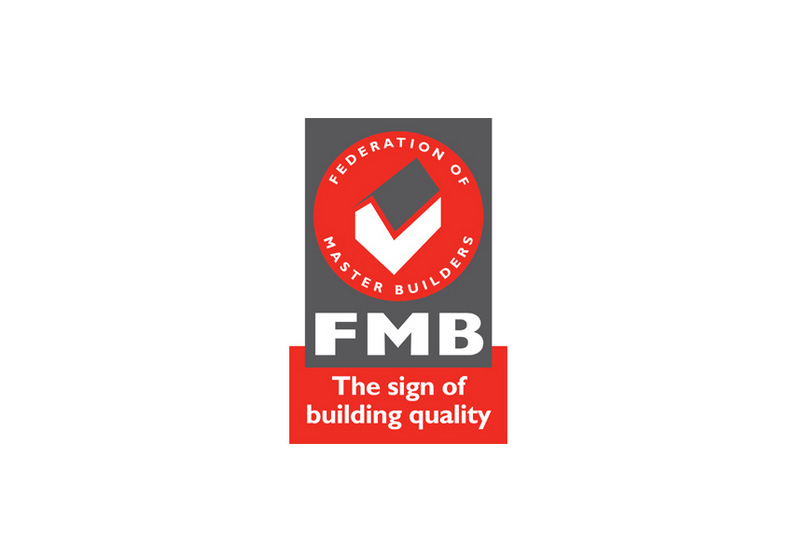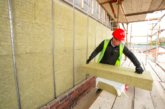
Sarah McMonagle, Head of External Affairs at the FMB argues that the Government’s decision to remove unnecessary zero carbon standards for new homes will boost the supply of housing via small and medium-sized (SME) house builders.
“The UK’s new homes have never been so energy efficient but the target for all new homes to be zero carbon by 2016 was overly ambitious. The attempt to get down to the ‘zero’ of ‘zero carbon’ through proposed payments for off-site mitigation and further renewable technology threatened to impose significant additional costs on SME house builders – in short, this would have held back their ability to build more new homes. Small local builders typically build more bespoke homes, with a strong focus on quality and high standards of energy efficiency. Yet over recent years it has been these smaller firms which have been hit disproportionately hard by the rapid pace of change. This burdensome regulation came at a time when SME house builders were beginning to recover and build more new homes which is crucial if we want to keep pace with the demand for new housing. The Government is therefore right to remove the unnecessary zero carbon standards which threatened to perpetuate the housing crisis.
“There has been an increasing feeling that the standards were in danger of running ahead of the industry’s understanding and ability to deliver. The UK will still have to meet the target set by the EU Energy Performance of Buildings Directive that all new homes are ‘nearly zero-energy’ by the end of 2020. Right now, a period of consolidation makes good sense and will give us an opportunity to fix issues like the dangers of over-heating or poor air quality which can arise in some highly energy efficient buildings and the gap between designed and as-built performance.
“Arguably, when it comes to reducing the UK’s carbon emissions, our new homes are not the real issue – what we must focus on is our improving our existing homes. The UK is legally committed to reducing its carbon emissions by 80% by 2050 and given that 85% of our existing homes will still be standing in 35 years’ time, the Government must do more to address our leaky buildings. Refurbishing our existing homes is a far more cost effective way of tackling carbon reduction compared with trying to push for ‘zero carbon’. Considering we have some of the oldest and least energy efficient housing stock in Europe, the new Government is showing little to no interest in improving it.”








